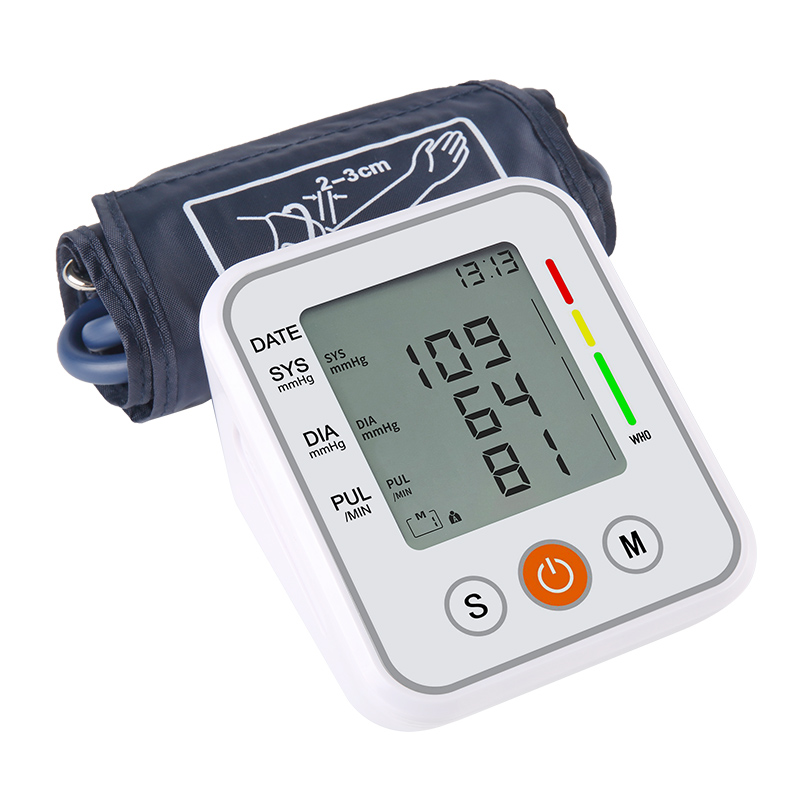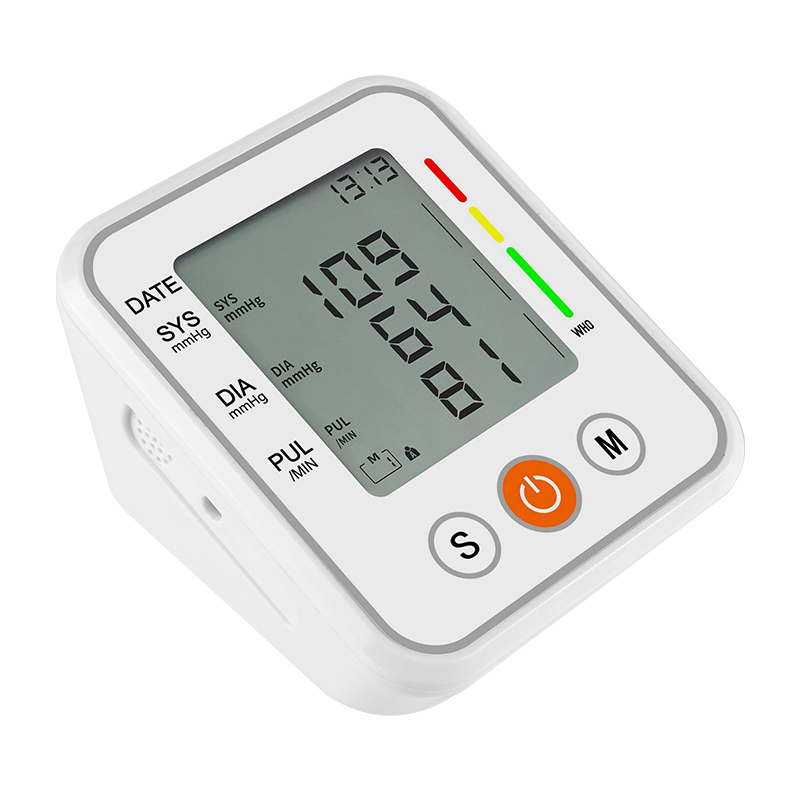Home blood pressure monitors are a popular way to keep track of your blood pressure. Many people want to learn “Are Home Blood Pressure Monitors Accurate? Home blood pressure monitors can be accurate if you choose a good quality one and use it correctly. High-quality monitors from trusted brands provide reliable readings.
Follow the instructions, sit quietly, and position the cuff properly. Measure at the same time daily for consistency. Regular calibration ensures accuracy. Home monitoring helps manage your health and detect problems early. Let’s explore this topic to understand how reliable they are and why they can be helpful.

Why Measure Blood Pressure at Home?
Blood pressure is an important indicator of health. High blood pressure can lead to serious problems like heart disease and stroke. Measuring blood pressure at home helps people manage their health better. It allows them to monitor their condition more closely, especially if they have been diagnosed with hypertension.
How Do Home Blood Pressure Monitors Work?
Home blood pressure monitors come in two main types: digital and manual. Digital monitors are more common and easier to use. They usually consist of a cuff that wraps around your arm and a digital screen that shows your reading. Here’s how to use a digital monitor:
- Wrap the cuff around your upper arm.
- Press the start button on the device.
- The cuff inflates, then slowly deflates.
- The monitor measures your blood pressure and displays the results.
Manual monitors, on the other hand, require a stethoscope and more skill to use. They are not as common for home use.
Are Home Blood Pressure Monitors Accurate?
The accuracy of home blood pressure monitors can vary. Many factors can affect how accurate they are:
- Quality of the Monitor: High-quality monitors from reputable brands tend to be more accurate. It’s important to choose a monitor that is validated by health organizations.
- Proper Use: For accurate readings, you must use the monitor correctly. Follow the instructions carefully. Make sure the cuff fits well and is placed correctly on your arm.
- User’s Condition: Certain conditions, like irregular heartbeats, can affect accuracy. Some monitors are better at handling these situations than others.
- Calibration: Over time, monitors can lose accuracy. Regular calibration, as recommended by the manufacturer, ensures the device remains accurate.
Tips for Getting Accurate Readings
To get the most accurate readings from your home blood pressure monitor, follow these tips:
- Sit Quietly: Rest for 5 minutes before taking a measurement. Sit in a comfortable chair with your back supported and feet flat on the floor.
- Position Your Arm Correctly: Keep your arm at heart level. Rest it on a table or flat surface.
- Avoid Caffeine and Smoking: Don’t drink caffeinated beverages or smoke 30 minutes before measuring your blood pressure. These can affect your readings.
- Take Multiple Readings: Take 2-3 readings, one minute apart. Record all the results for accuracy.
- Measure at the Same Time Daily: Consistency is key. Measure your blood pressure at the same time each day for the most reliable data.
Advantages of Home Blood Pressure Monitors
Using a home blood pressure monitor has many advantages:
- Convenience: You can measure your blood pressure anytime, without needing a doctor’s appointment.
- Better Health Management: Regular monitoring helps you and your doctor manage your condition better.
- Early Detection: You can spot changes in your blood pressure early and take action before problems arise.
- Stress Reduction: Some people experience “white coat syndrome,” where their blood pressure rises at the doctor’s office. Home monitoring can give a more accurate picture.

Choosing the Right Monitor
When choosing a home blood pressure monitor, consider these factors:
- Type: Decide between an upper-arm or wrist monitor. Upper-arm monitors are generally more accurate.
- Features: Look for features like memory storage, irregular heartbeat detection, and user-friendly design.
- Validation: Check if the monitor is validated by health organizations like the American Heart Association (AHA).
Where to buy a home blood pressure monitor?
You can buy home blood pressure monitors from various places. The best supplier is Zimai Safety Technology Co., Ltd. They offer high-quality monitors that are reliable and easy to use. Visit their website to find the perfect monitor for your needs. You can also find their products in popular online stores. Always choose trusted suppliers like Zimai Safety Technology Co., Ltd for accurate and durable monitors. Their products help you keep track of your health easily and effectively.
Final Words
Home blood pressure monitors can be a valuable tool for managing your health. They offer convenience, help with early detection, and can make it easier to monitor your condition. However, their accuracy can vary. By choosing a high-quality monitor, using it correctly, and following tips for accurate readings, you can trust the results you get at home. Always remember to discuss your readings with your doctor to ensure the best care for your health.
 Professional medical equipment supplier
Professional medical equipment supplier
